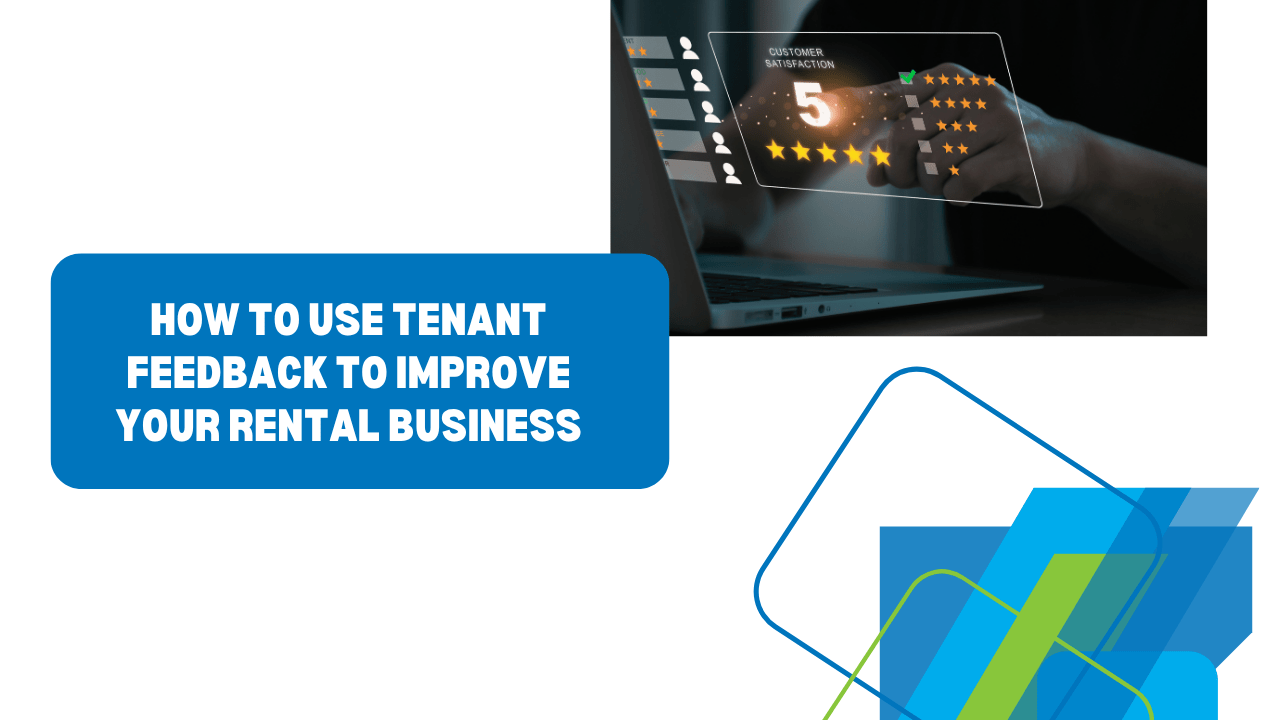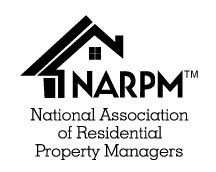None of us love criticism, but if you’re doing your best to provide a great rental experience for tenants, asking for feedback shouldn’t necessarily open you up to criticism. It should instead give you an opportunity to reflect on the service you’re currently providing your tenants and to determine whether there’s space for improvements to be made.
We’re talking about tenant feedback and how to use it to improve the way you rent out a property. For us as
professional property managers, we’re always soliciting feedback from both owners and tenants. We know
how to communicate our need for it and what to do with it once it’s provided.
For landlords, tenant feedback is one of the most powerful tools to ensure success in the competitive California
rental market. By actively seeking and implementing feedback, you not only maintain better relationships with your tenants but also create a stronger, more profitable rental business.
Here’s how you can use tenant feedback to make informed decisions and elevate your property management strategy.
Why Tenant Feedback Matters
Tenant feedback does more than just measure satisfaction—it provides actionable insights that help landlords to do the following:
- Identify areas for improvement. From maintenance issues to communication gaps, feedback highlights shortcomings you might otherwise miss.
- Build tenant loyalty. Tenants who feel heard and valued are more likely to renew their leases, reducing your turnover rates.
- Improve property appeal. Understanding what tenants want allows you to make improvements that attract quality renters.
- Avoid costly mistakes. By listening to concerns early, landlords can proactively address problems, minimizing legal risks and damage to their reputations.
California’s rental market is competitive, and knowing what your tenants expect can give your business a significant edge.
How to Collect Tenant Feedback Effectively
Gathering feedback doesn’t have to be difficult. With a strategic approach, it can become a natural part of your rental process. Here are some practical ways to get started:
Online surveys are an easy way to gather balanced tenant feedback. Use surveys for specific issues, such as responsiveness to maintenance requests, or broader topics like overall satisfaction. Tools are available, such as Google Forms or SurveyMonkey. These platforms make it simple to create short, engaging surveys tenants can complete quickly. They’re also user-friendly, reducing any confusion the tenants might have about how to respond.
Use clear, focused questions such as:
- "How satisfied are you with the maintenance services provided?"
- "What additional amenities would you like to see?"
- Create an Open Door Policy
Sometimes tenants prefer more direct communication. Encourage them to share concerns during meetings, lease signing, or
property inspections. Establishing trust is key to receiving honest and constructive feedback. You want to provide various ways for tenants to talk about their experience. Every tenant is different when it comes to how they prefer to communicate.
- Leverage Digital Platforms
Do you have a website or an app that helps you
manage your properties and your tenants? Consider adding a dedicated feedback section to your communication channels, especially those that are online. California tenants, especially younger demographics, appreciate convenient, tech-friendly solutions.
Even with open communication systems, some tenants may hesitate to share their thoughts for fear of reprisals. Address this with anonymous suggestion boxes—either physical or digital.
Leverage Positive Reviews
Reputation is essential when you’re renting out homes. As you collect feedback and reviews, make sure you’re using those positive reviews to your advantage. Keep an eye on online reviews for your property, including those that may show up on Google My Business, Yelp, or ApartmentRatings.
Implementing and Acting on Feedback
Once you’ve collected feedback, the next step is putting it into action. Here’s how to maximize the impact of tenant suggestions:
1. Prioritize Necessary Changes
Not all feedback can be acted upon immediately, especially on a tight budget. Evaluate the most common or critical suggestions and start with those. For instance:
- If tenants repeatedly highlight slow responses to maintenance, invest in a faster issue-tracking system.
- If multiple tenants request better parking solutions, explore cost-effective upgrades to your lot or consider additional spaces.
2. Communicate Changes Clearly
Whenever you act on tenant feedback, make sure to communicate this to your tenants. Sending out emails or newsletters to inform them of completed improvements (such as upgrades to laundry facilities or better landscaping) shows that you value their input.
3. Track Progress
Set measurable benchmarks to evaluate the effectiveness of your changes. For example, after reducing response times for maintenance requests, compare tenant complaints from before and after the adjustment.
4. Build Long-Term Relationships
Consistently incorporating tenant feedback into your management practices helps cultivate trust and transparency with renters. Long-term, satisfied tenants result in lower vacancy rates and a steady income stream.
What Does Tenant Feedback in Action Look Like?
Many businesses collect feedback, and if you take the time to solicit it, you should absolutely use it. Here’s what it could look like for you and your rental property:
- Maybe you can reduce tenant
frustration and improve retention when you’re collecting feedback and tenant requests that involve quicker communication around maintenance issues. If you introduce a 24-hour maintenance hotline, you might see a drop in complaints.
- If tenants consistently request bike racks and you install them, you’ll likely have an easier time attracting tenants who are trying to live a car-free lifestyle.
- When tenants provide feedback about preferring online rental payments, set up an online system that allows them to make recurring payments, save their payment information, and sign up for reminders. This could lead to fewer late payments and higher tenant satisfaction.
Listening to tenants isn’t just good customer service—it’s good business. Landlords can benefit from these tenant-driven improvements, too.
At the end of the day, using tenant feedback strategically can help you deliver properties and experiences that stand out in the California rental market.








